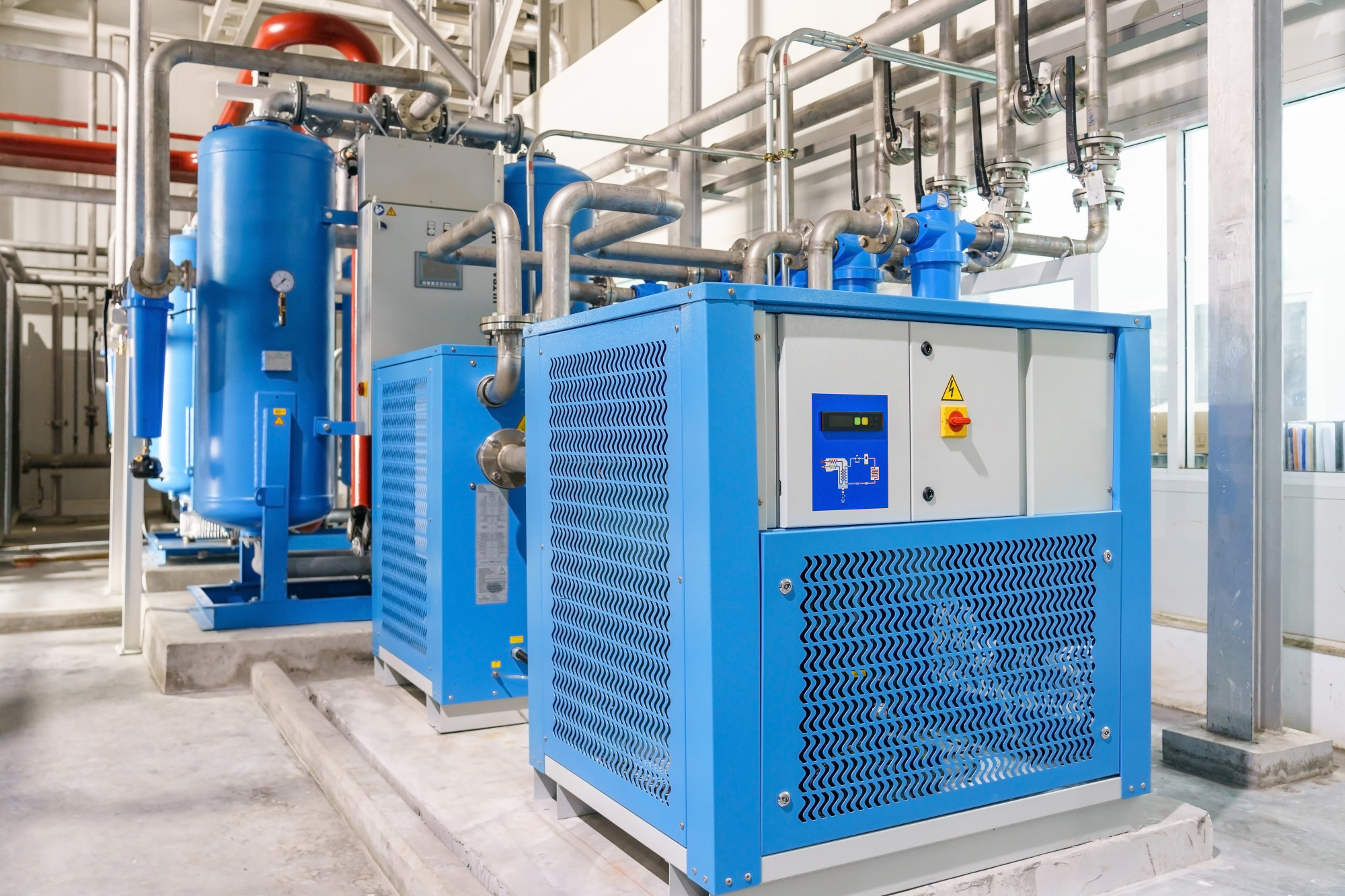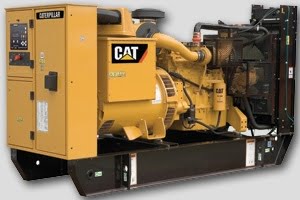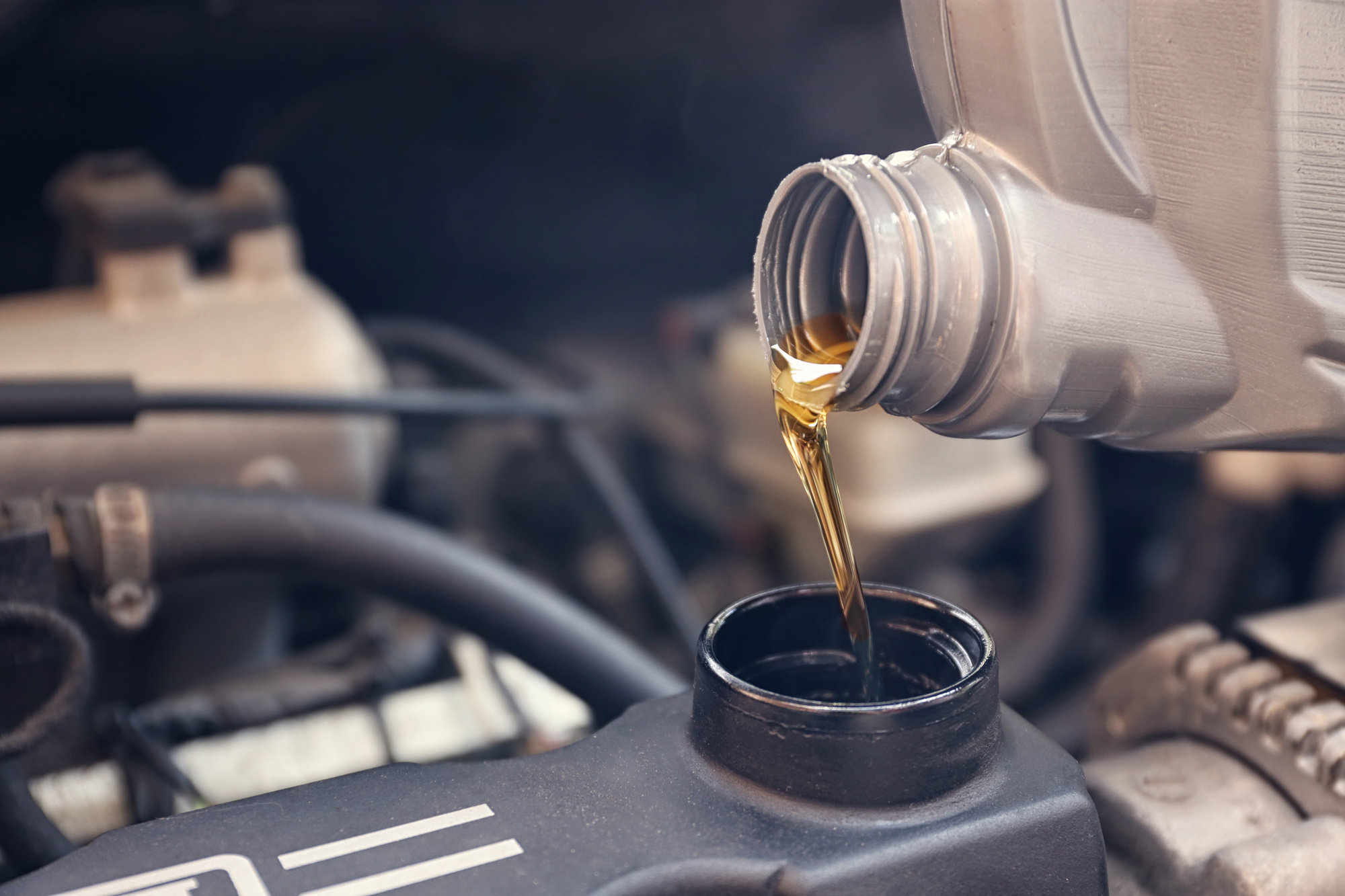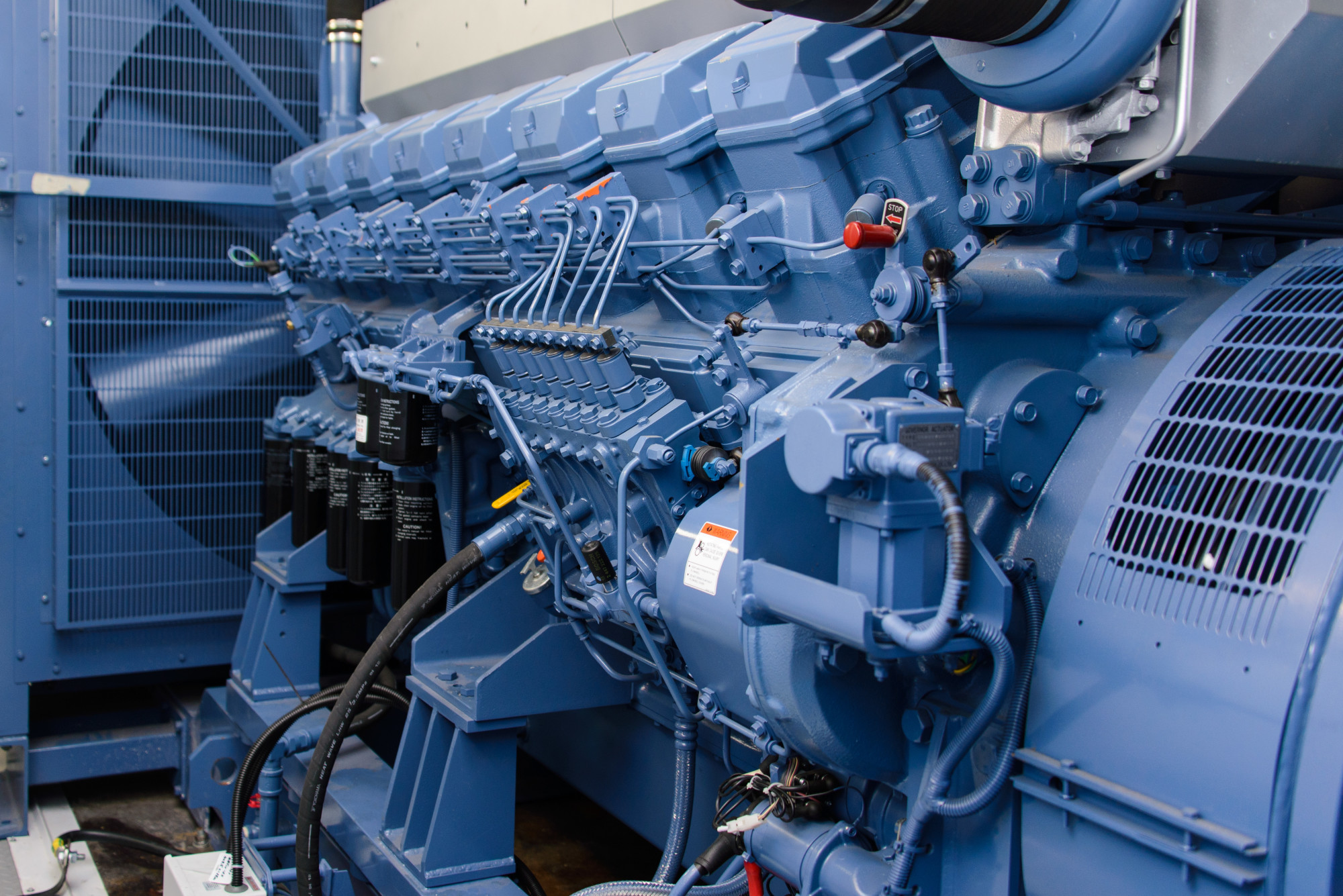What is the function of every generator? Generators play a vital role to meet the demands of power for residential or industrial premises during a power outage. Different brands of new or used diesel generators for sale at CSDG work best to keep your lighting and appliances running. One of the crucial sources of backup power, generators, help you to meet electricity needs in an emergency.
Generators create electrical energy to power appliances running on electricity by burning the fuel it uses for producing electricity. The generator includes different elements like a fuel system, engine, voltage regulator, alternator, a control panel, lubrication system, cooling, and exhaust system.
How Do Generators Function?
Let’s check out some essential components used in the functioning of the generator:
#1 Alternator of the generator:
An alternator is the component of the generator that creates electrical output for producing the electricity. The stator and rotor of alternators surround the latter through a housing unit that includes the significant functions of the generator. Though housing is of plastic or metal, metal is highly favorable as it is less receptive to the destruction that can uncover the moving parts. Primary constituents of alternators are needle bearings or ball bearings. From the two fundamental elements, ball bearings have a higher lifespan as compared to needle bearings.
#2 Fuel system of the generator:
The fuel system of a generator has the major components such as the connection of the pipe from the fuel tank to the engine, a ventilation pipe and the overflow connection from a tank of the fuel to the drainage pipe, a fuel filter, fuel pump, and fuel injector. An external fuel tank is for the large commercial generators. Small generators include the fuel tanks either at the top or located at the base. At CSDG, we have top brands of generators like caterpillar c27, Kohler, blue star, etc.
#3 Control panel of the generator:
Full functioning is at the control panel of the generator and is also the part where the generator is switched on. Significant components of the control panel are an electric start and the shut-down. While automatic functioning is provided by some of the generator sets when there is no power supply. Engine gauges are also present in the control panel. It helps to keep a check on the temperature of the coolant, the pressure of the oil and battery voltage.
#4 Engine of the generator:
One of the significant parts of the generator that produces mechanical energy is the engine. Generators are available in engines of a wide range. Engines regulate entirely electricity created by the generator in the generator. Different fuels on which engine of the generator functions are natural gas, diesel, gasoline, and liquid propane.
Types of generators:
Different variety of generators are industrial generators, residential standby generators, commercial standby generators, portable diesel generators, to name a few. However, different operating applications are in association with varying types of generators. Portable generators use the extension to power small electrical appliances. In the case of other generators, the transfer switch is connected to the main electrical panel to transport electricity directly without the involvement of cords.
Summing Up:
So, the aforementioned are the essential parts of the generators used in terms of function. The usage of the generator ultimately depends on the application for which it applies, commercial use or residential use. Therefore, you must consider a purchase of one of the top-rated brands of generators such as the blue star, Cummins c15 generator, Caterpillar, Kohler diesel generator, etc. At CSDG, we have different types of diesel generators that you can choose as per your budget and preference. To buy diesel generators, you can contact us, and we will assist you to select the right choice as per your requirement.
Read more articles about Kohler diesel generators
Frequently asked questions
What is the function of a generator?
Generators create electrical energy that is used to power important appliances. The energy is created by burning fuel and turning this energy into electricity. Generators are often used in large facilities, such as hospitals and building sites, to provide backup power for vital machinery.
What is a voltage regulator?
A voltage regulator is a system that is designed to automatically maintain a constant voltage. Most voltage generators use a feed-forward design and some include negative feedback. Voltage regulators ensure that generators are working efficiently.
Do diesel generators require a fuel tank?
Yes. Diesel generators require a fuel tank to supply the generator with burning material. Fuel tanks must supply the generator with a continuous flow of fuel. This is transferred via an electric motor through a pump to a smaller tank and then flows through to the main engine.
How does a generator use mechanical energy?
Diesel generators use mechanical energy to create electricity. Diesel fuel provides the generator with chemical energy that is then converted into mechanical energy through combustion. This mechanical energy is used to propel the generator to create energy that can be used to power appliances.
How does a generator work?
Generators convert energy, produced by fuel or rotation, into electrical power that can power appliances. All generators rely on combustion to create the energy that is needed and the elements of the process will differ depending on the generator fuel type. Diesel generators use an exhaust system to diffuse any unwanted chemicals. In an electric generator, a conductor coil is used to create energy.









